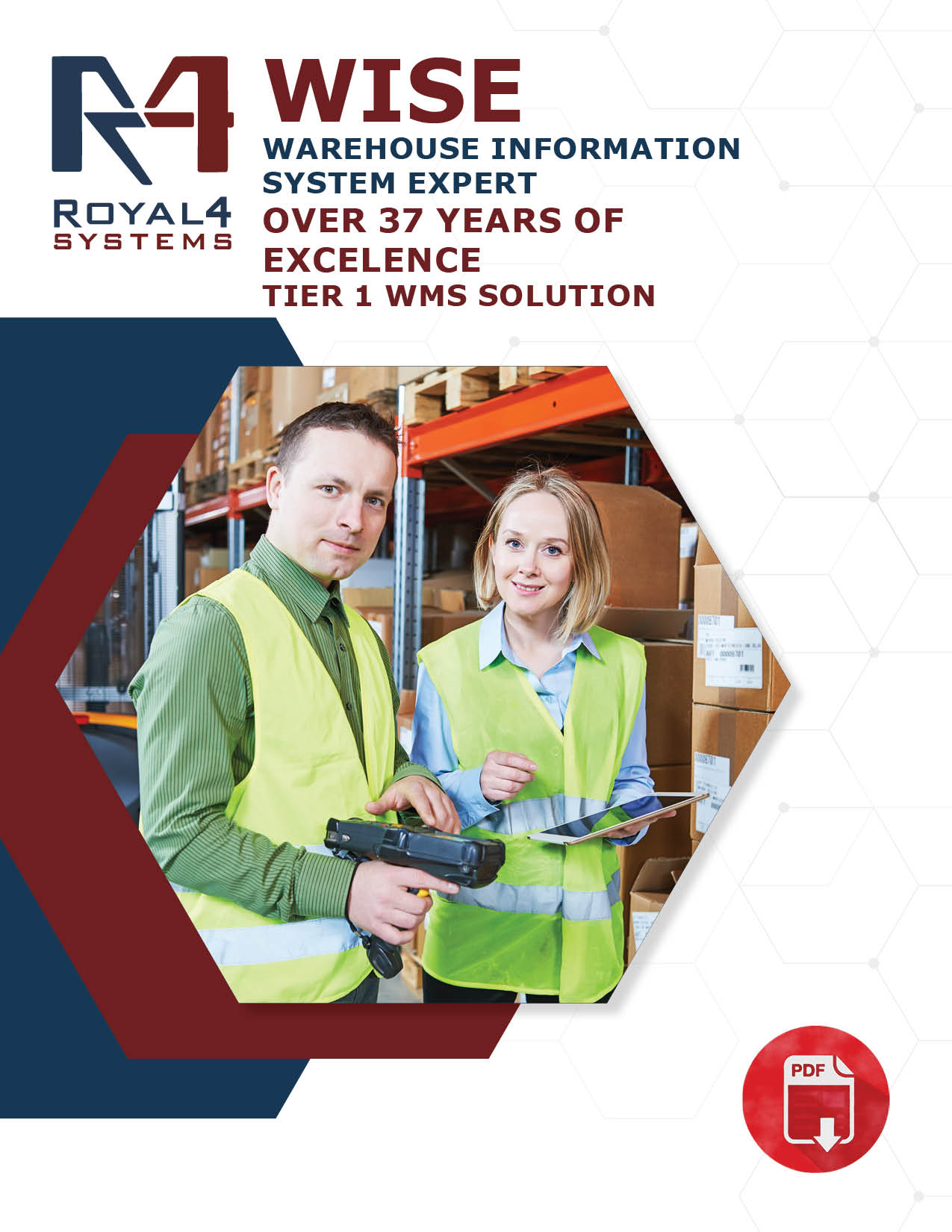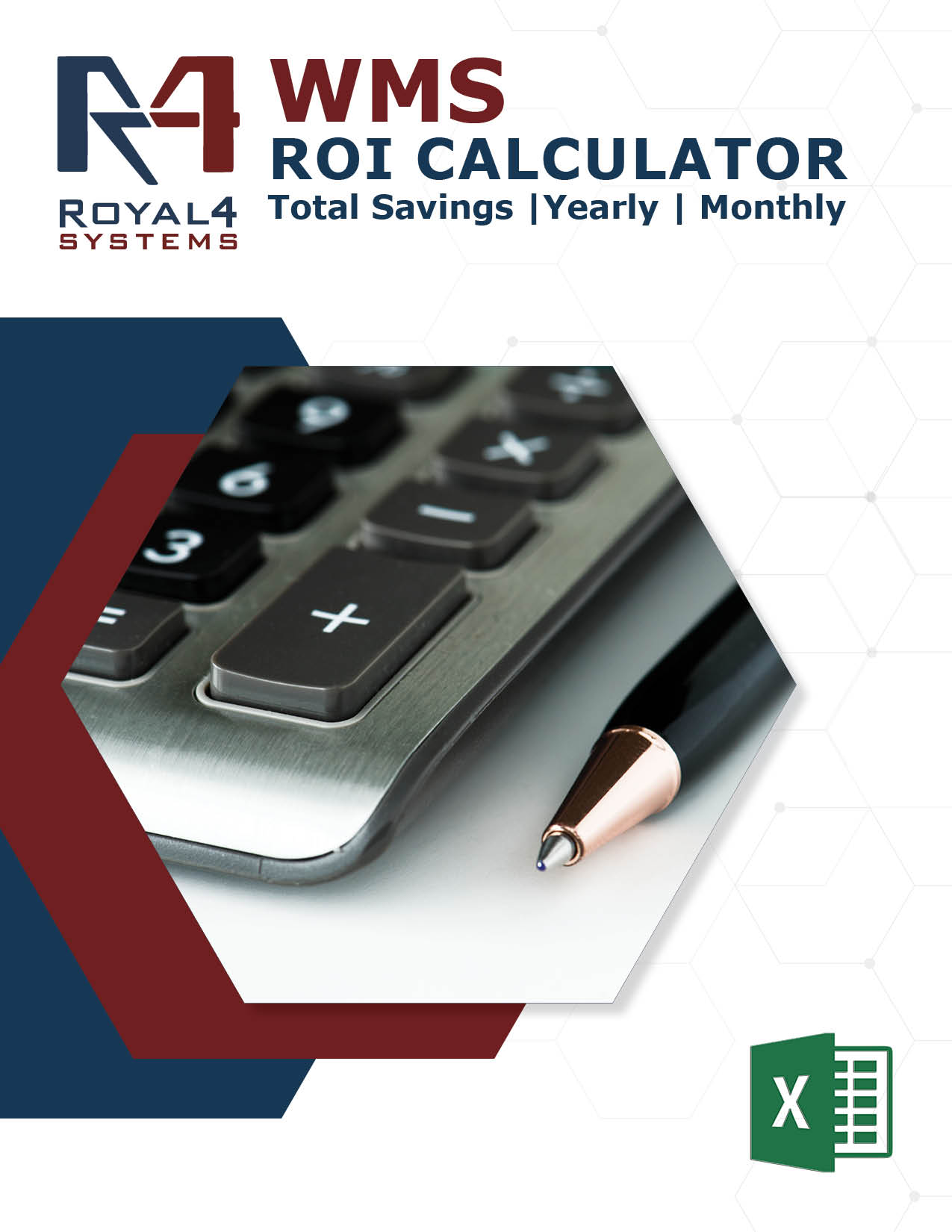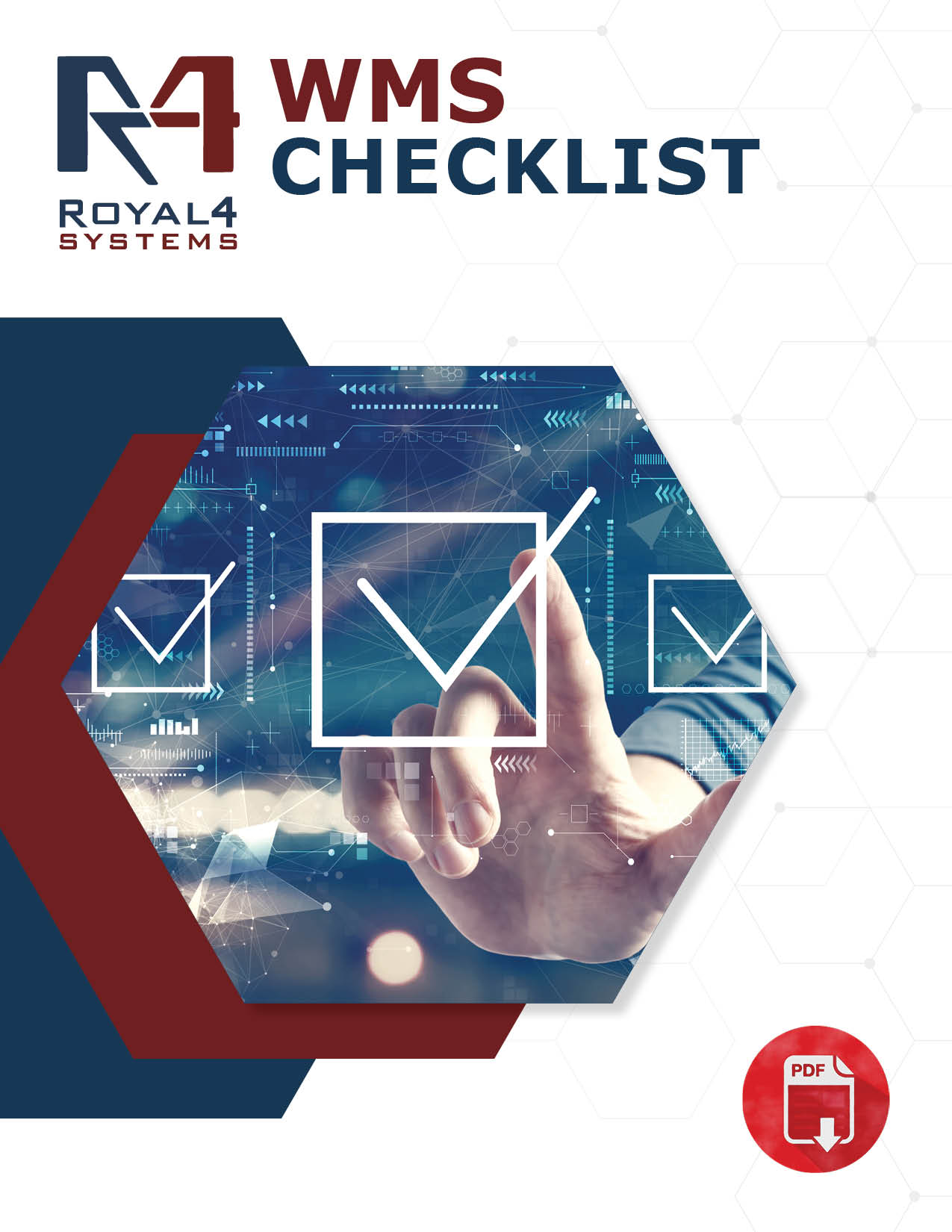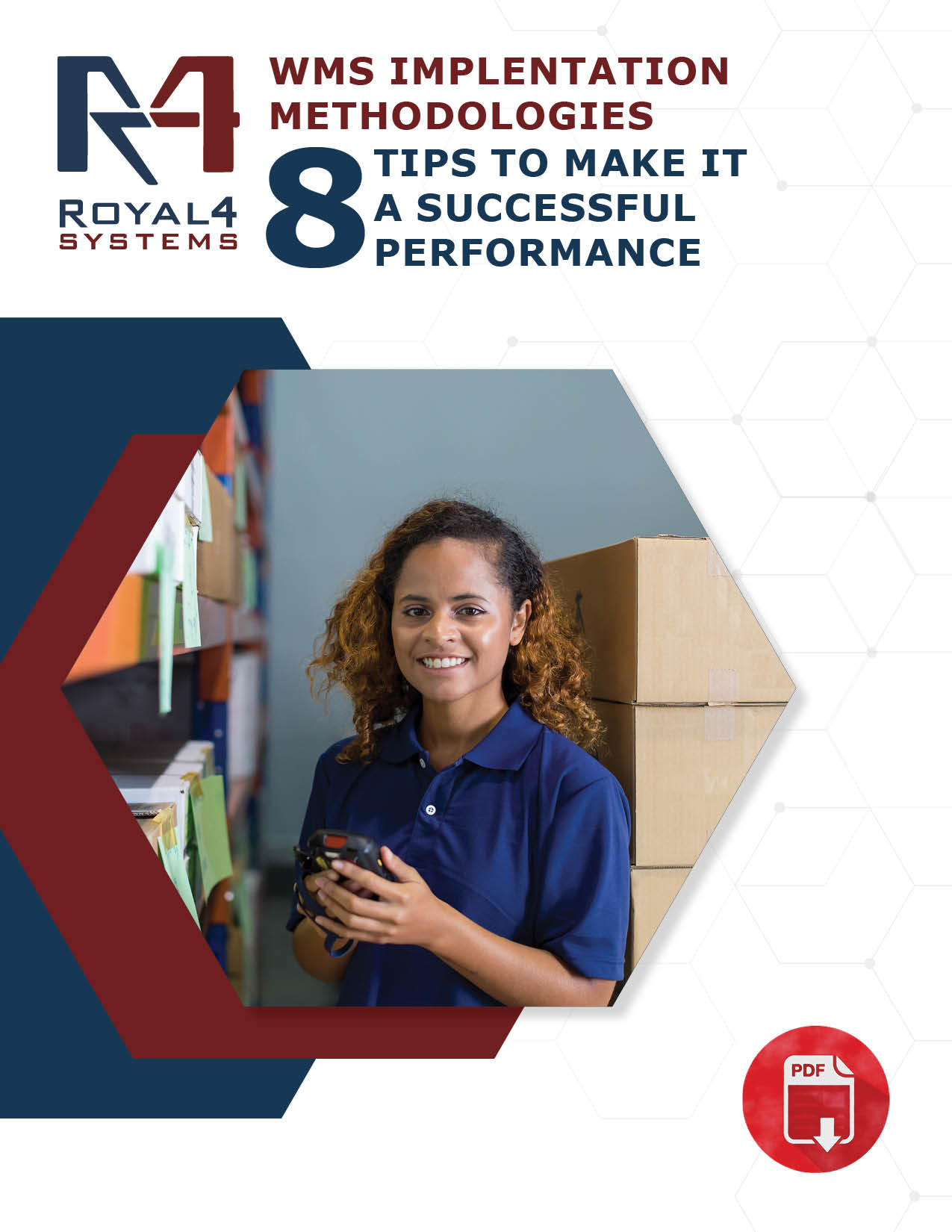
In today’s competitive retail landscape, efficient operations are essential for success. Enterprise Resource Planning (ERP) systems offer a comprehensive solution for streamlining various aspects of retail businesses, from inventory management to customer relationship management. ERP systems can help retailers improve efficiency, reduce costs, and enhance decision-making by integrating different business functions.
ERP Systems for Retailers: A Comprehensive Overview
An ERP system is a software application that helps businesses manage their core business processes, including finance, human resources, supply chain, and customer relationship management. For retailers, ERP systems can provide a centralized platform for managing inventory, sales, purchasing, and other critical functions.
Key Benefits of Implementing ERP Systems for Retailers
- Improved Efficiency: ERP systems automate routine tasks, reduce manual errors, and streamline business processes, increasing efficiency and productivity.
- Enhanced Decision Making: ERP systems enable retailers to make informed decisions about inventory management, pricing, marketing, and resource allocation by providing real-time data and analytics.
- Reduced Costs: ERP systems can help reduce costs by optimizing inventory levels, streamlining supply chain operations, and improving purchasing processes.
- Improved Customer Service: ERP systems can help retailers deliver personalized customer service and enhance customer satisfaction by providing a single view of customer information and interactions.
- Enhanced Compliance: ERP systems can help retailers comply with industry regulations and standards, such as tax laws and accounting practices.
- Scalability: ERP systems can be scaled to accommodate the growth of a retail business, ensuring that the system can handle increased transaction volume and complexity.
Essential Features of ERP Systems for Retailers
- Inventory Management: Track stock levels, manage purchase orders, and optimize inventory replenishment.
- Point of Sale (POS) Integration: Integrate with your POS system to streamline sales processes and provide real-time inventory updates.
- Customer Relationship Management (CRM): Track customer information, preferences, and purchase history to deliver personalized service.
- Supply Chain Management: Manage supplier relationships, track shipments, and optimize logistics.
- Financial Management: Handles accounting, payroll, and tax compliance.
- Reporting and Analytics: Generate comprehensive reports on sales, inventory, customer behavior, and financial performance.
Factors to Consider When Choosing an ERP System for Retail
- Business Size and Needs: Evaluate your business’s requirements, including the number of employees, product categories, and desired features.
- Integration Capabilities: Ensure the ERP system can integrate seamlessly with your existing systems, such as your POS system, accounting software, and e-commerce platform.
- Scalability: Choose a system to accommodate your business’s growth and future expansion.
- Cost: Consider the initial cost, ongoing subscription fees, and implementation costs.
- User-Friendliness: Select a system with an intuitive interface that is easy for your employees to learn and use.
- Support and Training: Evaluate the vendor’s customer support services and training options to ensure ongoing assistance.
Additional Considerations for Implementing ERP Systems
- Data Migration: Plan for a smooth data migration process to transfer your existing data into the new ERP system.
- Change Management: Implement a change management strategy to help employees adapt to the new system and minimize disruption.
- Customization: Consider the system’s customization options to ensure it aligns with your specific business processes and workflows.
- Mobile Access: If your employees need to access the ERP system on the go, choose a solution that offers mobile capabilities.
- Integration with E-commerce: If your business has an online presence, ensure the ERP system can integrate with your e-commerce platform to provide a seamless customer experience.
- Data Security: Implement robust security measures to protect sensitive data and prevent unauthorized access.
ERP systems offer a powerful solution for retailers to streamline their operations, improve efficiency, and enhance decision-making. By carefully considering the key features, factors, and additional considerations outlined in this article, you can select the right ERP system to drive your business’s success.
Request a Consultation
Need more information?
Solutions






![image001[25]](https://www.royal4.com/wp-content/uploads/2023/11/image00125.png)